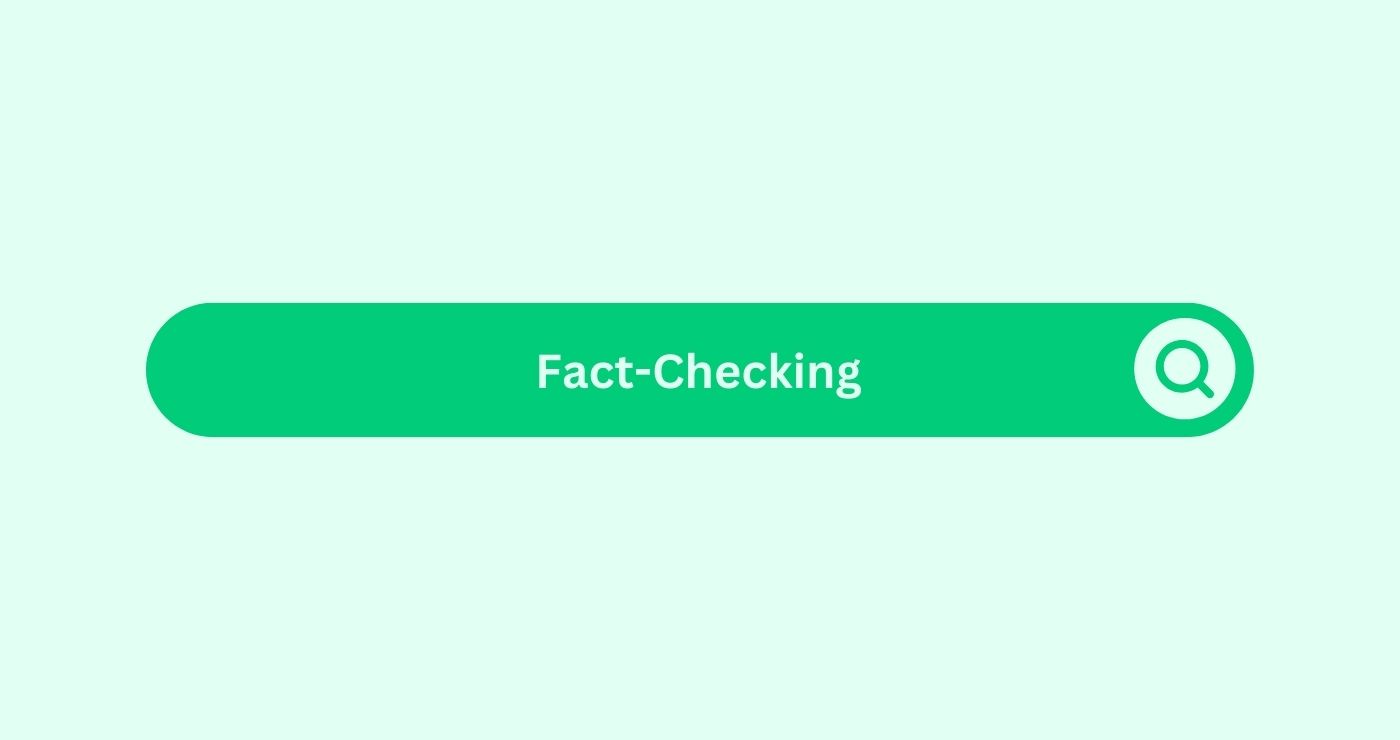Definition
Fact-Checking is a critical process in content creation and SEO that involves verifying the accuracy and authenticity of information before publishing. It ensures that the data presented is correct, credible, and reliable. In the SEO space, fact-checking helps maintain the integrity of the content, improves user trust, and enhances the site’s reputation with search engines like Google. The process typically involves cross-referencing information with multiple reliable sources, checking the credibility of these sources, and ensuring that the facts align with the current knowledge and understanding of the topic.
How You Can Use
Example
Imagine you are writing an article about the benefits of a Mediterranean diet for heart health. During your research, you find several claims about the diet’s impact on reducing heart disease risk. To ensure your article is accurate and credible, you would:
- Identify the Claims: Note down all specific claims made, such as “The Mediterranean diet reduces heart disease risk by 30%.”
- Source Verification: Look for reliable sources such as peer-reviewed journals, reputable health organizations, or expert opinions that support or refute the claims.
- Cross-Referencing: Compare the information from different sources to ensure consistency and reliability. For instance, check multiple studies from sources like the American Heart Association and the New England Journal of Medicine.
- Contextual Accuracy: Ensure that the context of the data is accurately represented. A claim might be true for a specific demographic but not for others.
- Cite Sources: Provide references to the sources where the information was verified to enhance credibility and allow readers to further investigate if they wish.
Formulas and Calculations
When fact-checking, especially statistical data, it’s important to understand and verify the formulas used to derive such data. For example, if a claim states that “the Mediterranean diet reduces the risk of heart disease by 30%”, ensure that:
- Sample Size: The studies cited had an adequate sample size to support this claim.
- Control Groups: There were control groups in the study to compare the effects accurately.
- Statistical Significance: The results were statistically significant, often marked by a p-value of less than 0.05.
By verifying these elements, you ensure the accuracy and reliability of the information presented.
Key Takeaways
- Enhances Credibility: Accurate information builds trust with your audienceDefinition The term "Audience" refers to the group of indivi....
- Improves SEO: Search engines favor reliable and well-researched content.
- Reduces Misinformation: Ensures that false or misleading information is not spread.
- Supports Ethical Standards: Upholds the integrity of the content creation process.
- Boosts EngagementDefinition Engagement in content marketing refers to the deg...: Accurate content encourages more interaction and shares from readers.
FAQs
What is Fact-Checking?
Fact-Checking involves verifying the accuracy and authenticity of information before publishing it.
Why is Fact-Checking important in SEO?
It ensures content credibility, improves search engine rankings, and maintains user trust.
How do you Fact-Check information?
By cross-referencing information with reliable sources, checking the credibility of these sources, and ensuring consistency across multiple references.
What are reliable sources for Fact-Checking?
Peer-reviewed journals, reputable organizations, expert opinions, and verified news outlets.
Can Fact-Checking improve my site’s SEO?
Yes, accurate and credible content is favored by search engines, leading to better rankings.
What tools can help with Fact-Checking?
Tools like Google Scholar, fact-checking websites like Snopes, and citation managers can be helpful.
How often should you Fact-Check content?
Regularly, especially when updating old content or before publishing new content.
What is the impact of not Fact-Checking content?
It can leadDefinition A Lead in the context of SEO refers to a potentia... to spreading misinformation, loss of credibility, and lower search engine rankings.
How do you handle conflicting information during Fact-Checking?
Evaluate the credibility of the sources, check the most recent data, and provide context for any discrepancies.
Can Fact-Checking be automated?
While some aspects can be automated, human judgment is crucial for nuanced and contextual accuracy.




